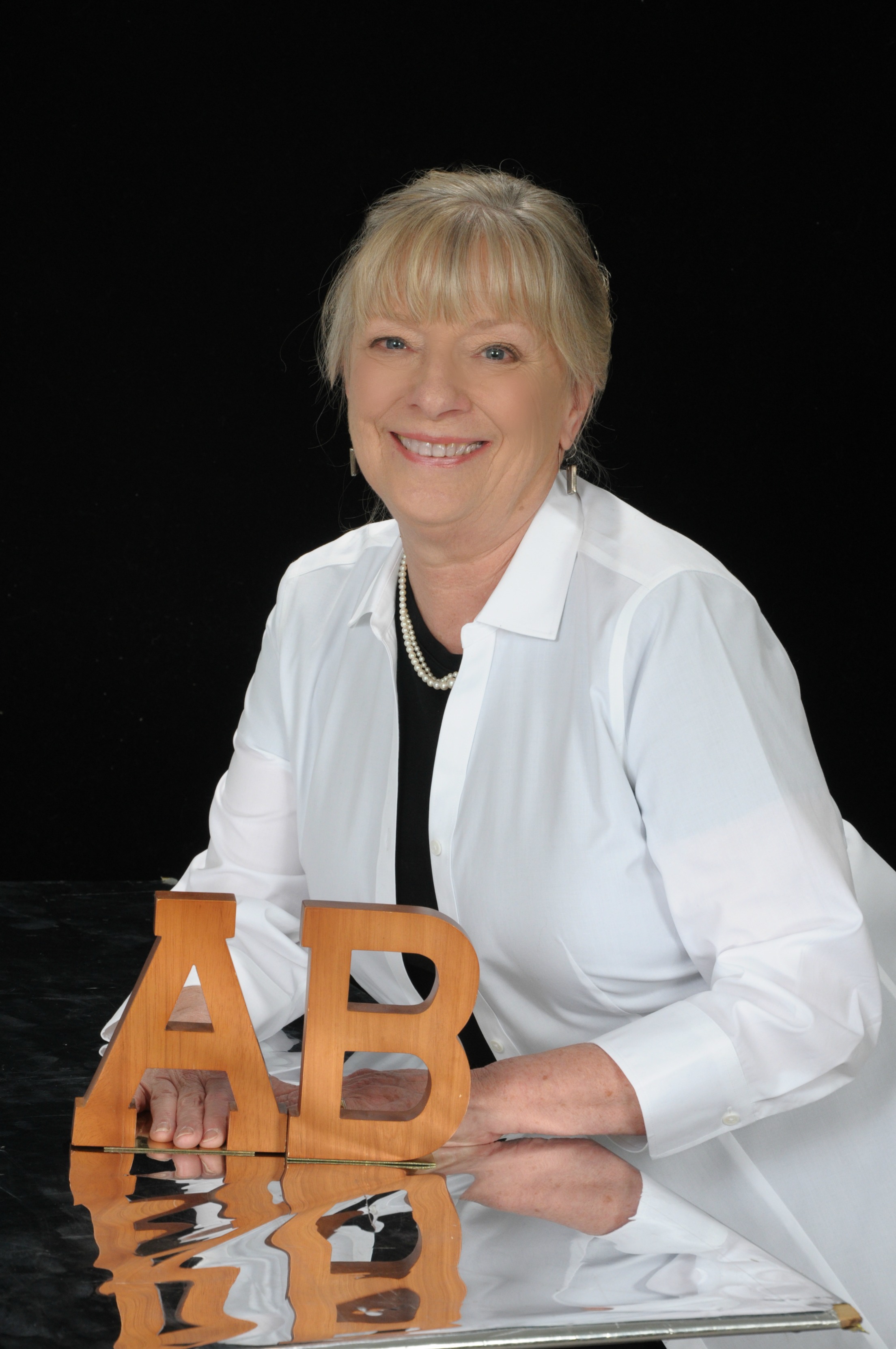Almost two generations have grown to adulthood since John Fitzgerald Kennedy, the thirty-fifth president of the United States, was shot and killed in Dallas on a bright November afternoon on November 22, 1963. In the space that gunshot occupies, the world changed. And everyone who is my age or older remembers exactly where they were the moment they heard to news.
I was a sophomore at Loyola University Chicago and the bell to change classes had just rung. But I was finished for the day and walked across the second story bridge that joined Lewis Towers to the newly erected Student Union where I’d planned to relax with friends.
My boyfriend Jack came running toward me as I reached the middle of the bridge. “Kennedy’s been shot, Kennedy’s been shot,” he said. I was slow to react, because it didn’t seem possible. But we went to the Student Union together where an announcement was made over the loudspeaker that it was indeed true. Not only had Kennedy been shot, he had been killed.
I was nineteen, so I hadn’t been eligible to vote in the election that put Kennedy in the White House. (It was only later that the voting age was lowered to eighteen.) But I felt as bereft as if I’d lost a close family member. My mother and grandmother had been charmed by him, and we watched the daily Huntley/Brinkley fifteen-minutes newscast as if they were verses from the Bible. We watched the following four days of bereavement and burial with similar reverence.
I still recall Vice-President Johnson’s swearing-in as President, the cortege, John-John’s salute, the riderless horse, the heads of state, the bleakness of it all. But what I think I remember most that is unique is that the night of the day Kennedy died, I had a most minor role in a student production of some forgotten play.
The actors and stage hands convened a couple hours before opening night and debated whether to go on. After all, Broadway had declared itself dark for the evening. But from some primal urging, I spoke up and said we should continue because not performing wouldn’t change anything and perhaps someone would find solace in what we offered. We were a student production and if we didn’t perform there would be no next week or next month. I suggested someone speak at the opening of the play and give our reasons for being there in case someone found this irreverent. Several other students spoke for the opposing view.
In the end, we performed our little drama. And it was to a packed house, which always led me to believe there were those who wanted to drown their sorrows if only temporarily, in theater.







Leave a Reply